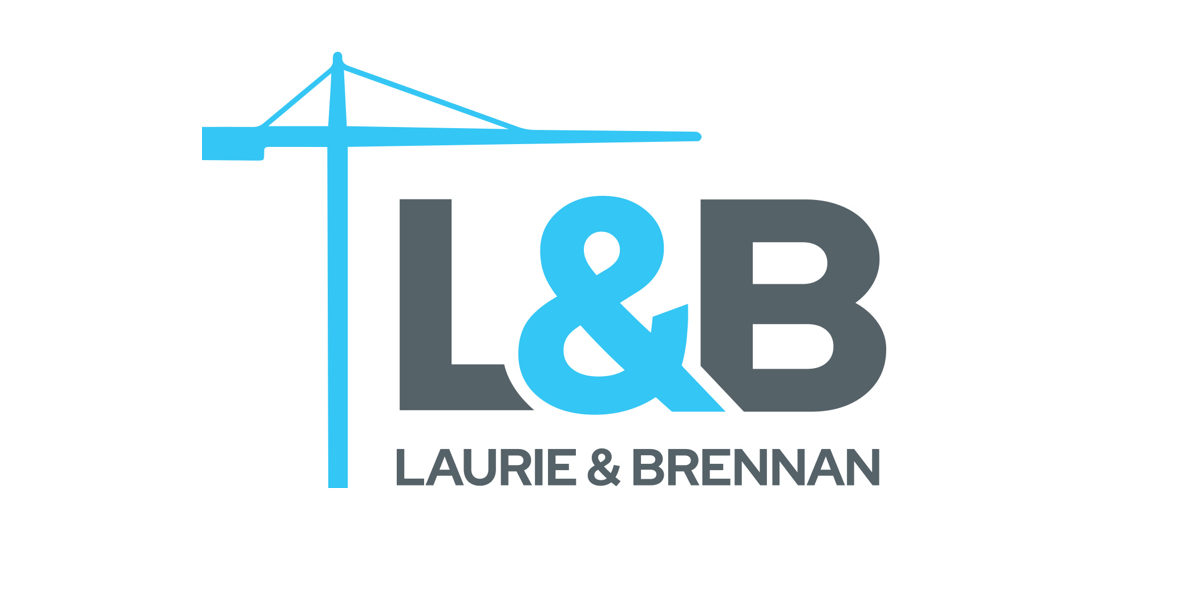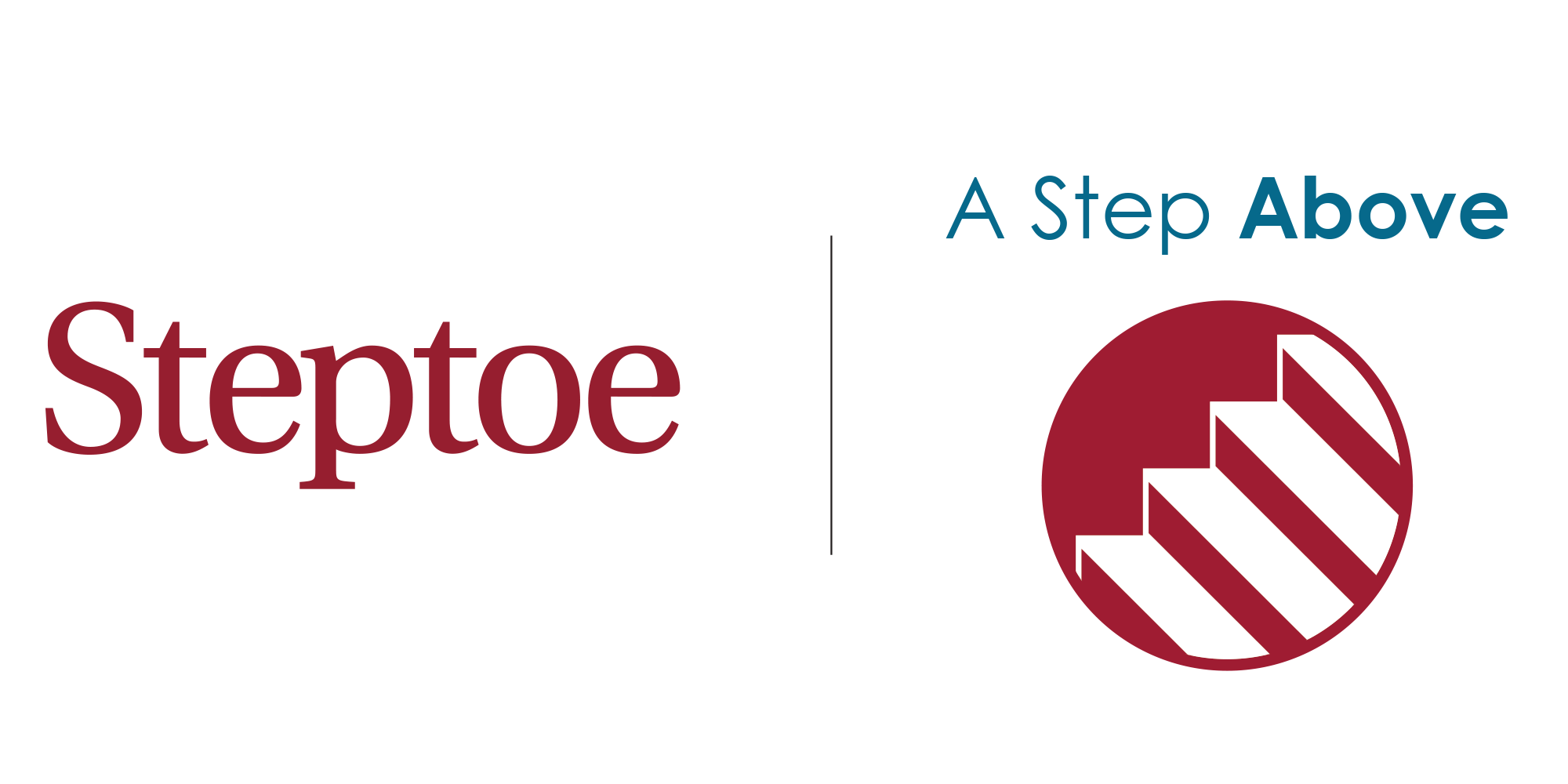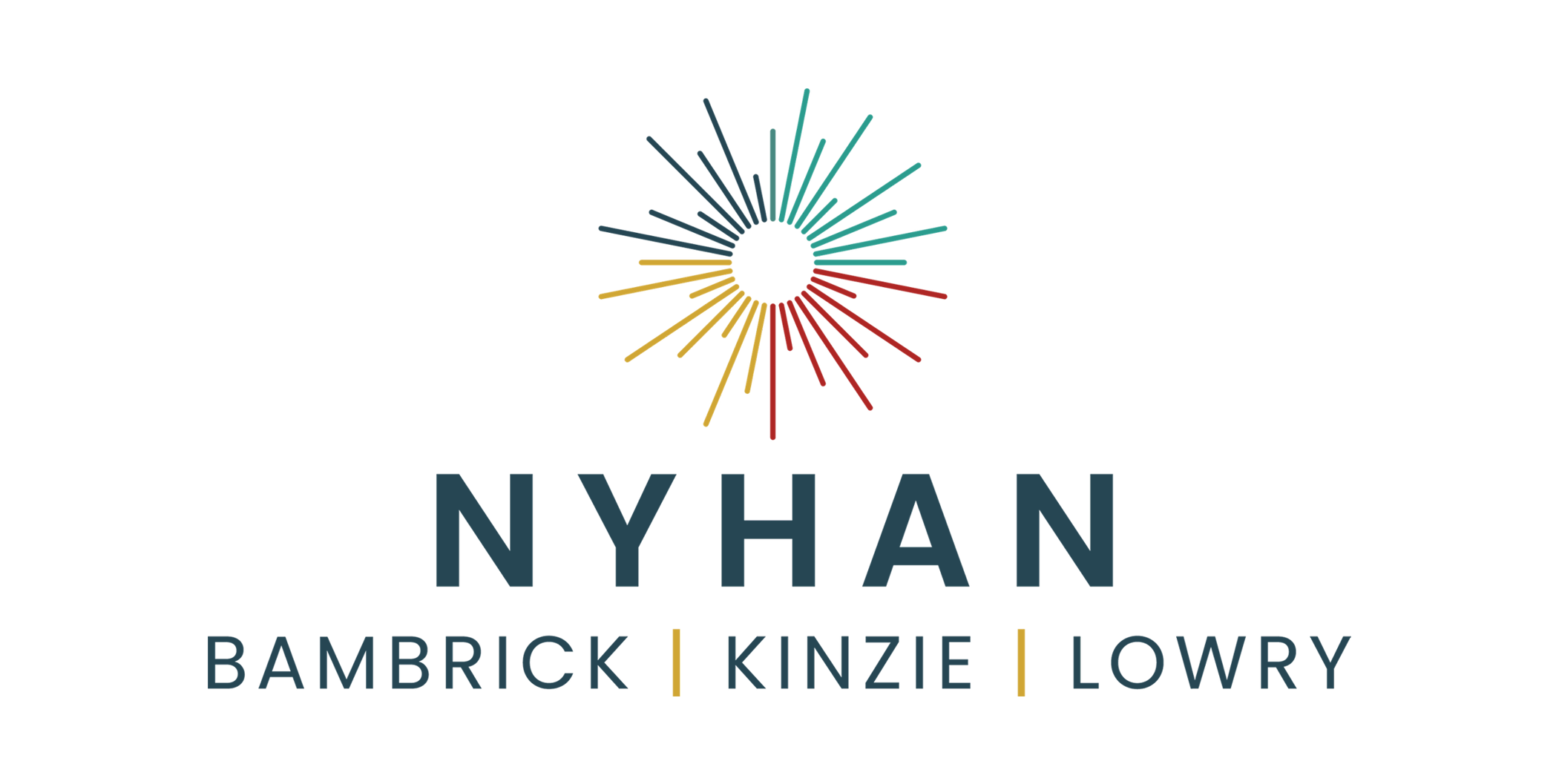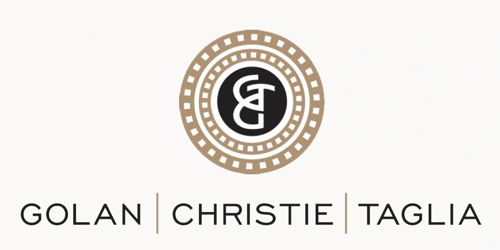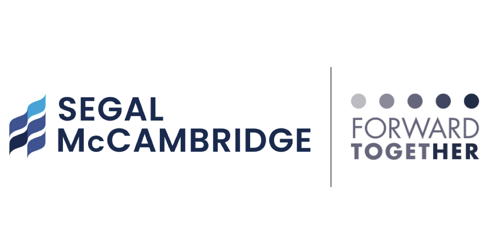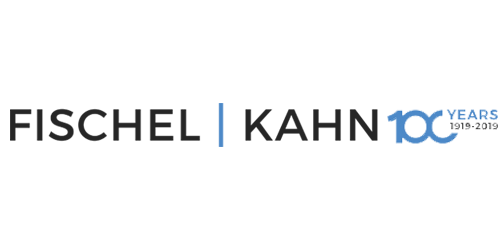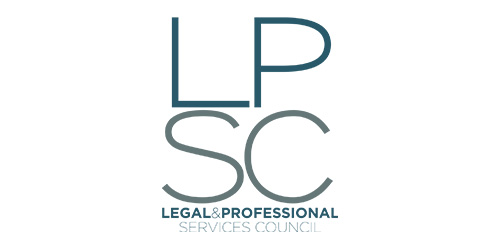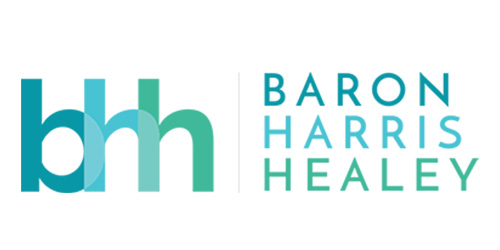Brand Building in 15 Minutes Recap – What to Know Before Using ChatGPT for Legal Marketing
Builden’s Founder, Jocelyn Brumbaugh, demonstrated ChatGPT’s capabilities in real time while also discussing some of the promises and pitfalls of the new technology, as well as how it may benefit legal marketers in June’s edition of Brand Building in 15 Minutes.
Watch the full webinar here.
The Brand Building in 15 Minutes webinar series gives attorneys, marketers and legal administrators practical tips for efficiently executing marketing and business development efforts in a bite-sized timeframe. The program topics focus on process-driven best practices that raise law firm profiles.
Builden is changing the way law firms think about marketing by turning random acts of marketing into strategies that drive business development. Our seasoned team of legal marketers helps firms of all sizes better engage with clients, prospects and talent.
Enjoy insights and best practices for law firm marketing? Sign up for our newsletter here.
Video Transcription
Jocelyn Brumbaugh (00:00):
I’m Jocelyn Brumbaugh. I am the founder of Builden Partners and we are here today with our June installment of Brand Building in 15 minutes, where we take law firm’s biggest marketing and communications challenges and tell you how you can make meaningful change on them in just 15 minutes. We will use our 15 minutes today to talk about what legal marketers need to know about ChatGPT. Will ChatGPT, take your job? No. Can it make you better at your job? Yes. Can you use it wrong and have bad things happen? Also, yes. And might we go a minute or two over 15 minutes today? Yes. But first, so let’s get cracking. But first you know us, we are Builden Partners. We do marketing strategy for law firms and only law firms. We work with firms from the AM law 100 to premier boutiques.
(00:55)
And we can do that because we understand law firms. Many of our team grew up inside large law firms and all of us have experience working for firms like these and others that you know, so we get it. We know how to move the needle on marketing and business development and communications initiatives within the partnership model. So, before we get cracking on ChatGPT, I’ve got to give you a little bit of a disclaimer and I will own it: ChatGPT wrote this disclaimer for me, it’s word for word here, so I’m owning up to that. But this presentation is a moment in time for this tool. It changes for the better and for the not better- we’ll get into that – every day. So, if you’re watching this live, great, if you’re watching the recap, this might be really old news. We’ve got a lot to cover in these 15 minutes, so let’s get to it.
(01:49)
Alright, so what is ChatGPT? You hear about it nonstop. So, it’s an artificial intelligence tool that is kind of like the chatbot you get when you want to return something through Amazon, but it uses regular people language, and it can pull from information on the internet. So interestingly, GPT stands for generative pre-trained transformer, which is not exactly regular person language, but you get the gist. Okay, so when I say that ChatGPT pulls information from the internet, it’s important to note that this is not a web browser. It can’t tell you the weather today, it can’t tell you the score of the Cubs game ChatGPT 3.5 pulls from a .zip file of the internet that goes up through June of 2021. So, everything on the internet from day one of the internet through two years ago. And that’s going to change, right, it’s going to become more current for sure. And it’s guessing along the way what the next best word will be based on all the things it finds on the internet related to what you ask it. So, it doesn’t really think. It looks through all of its files and things that have been written on whatever you ask, and it decides what should come next. And sometimes it gets it wrong because the internet is sometimes wrong. But it is really great for law firm marketing copy. If you want to see how generic copy for your cybersecurity practice could read or if you need to write a recommendation letter or a year-end letter thanking clients for their support, this is a great tool. And bottom line is, if you are a legal marketer, you should try it. And there is a free version and there’s also a paid version and we’ll touch on that in a few minutes. So, the good: for what we do as legal marketers, it’s good. The language is flowy, the sentence structure is varied, though it does really long sentences and never met an adjective it doesn’t like. So, if you’re not looking for something related to of the moment current events, it can give you a summary of trends in an industry or research key events in a city or give you ideas for activities for your summer associate class or give you a checklist for running a client event.
(04:04)
If something has been written before, it can give you a really good start. It’s like having an executive assistant who knows the legal industry enough to give you a really good first draft. But there’s also some bad. So, it’s not confidential, it is not for the enterprise, and you have to make an account. So, any prompts that you type in are tied to you and whatever you type into some database when ChatGPT gets to the point of including things through June of 2023, your information is out there. So please no firm names, no people names, anything sensitive should be stripped out. And it can be very wrong, I found that since I started using it a few months ago, it gets less wrong. So, we had it take Builden’s writing test a few months ago, which is about a fake attorney winning an award from Crain’s Chicago Business.
(05:02)
And halfway through when it was writing copy for me, it started saying that our fake fellow won an American Bar Association award. And then it started saying that our fake attorney was launching a new product because it just picks the next best word. And for my writing test, it was writing about a lawyer winning an award and there are probably more ABA awards out there than there are Crain’s awards, so it decided that it made more sense to give my fake attorney a different award. And even when ChatGPT gets it right, you still don’t want to use this word for word, just like you wouldn’t copy Wikipedia or another firm’s website, it’s a good first draft, but it needs some work and you need to make it you. And it can learn. When I go live, you’ll see how you can stay in the same thread to give it feedback on its writing and that’s getting better too. A month ago, I asked it to write some law firm website copy and it used the second person, “you” and “your” a lot, too much for my tastes, so I asked it to write that same copy without you and it said “apologies, how about this?” And it gave me the same thing and I said it differently a few different times and it gave me the same copy a few different times. So, it’s getting better but it’s not perfect. And you’ve seen stuff in the news about this. You have probably seen this piece from a few months back where a New York Times reporter asked Bing’s AI to give it recipes for him for a Valentine’s Day dinner. And soon after that Bing told the reporter that it loved him and that he should leave his wife. And then more recently an attorney was called out for citing fake cases in Manhattan federal court. He later owned up to using ChatGPT. So, the citations were all bogus and it’s that ‘next best word’ model.
(06:48)
So ChatGPT pulled different elements from different citations to make new citations, which is not how this works. But in that lawyer’s defense, he said he asked ChatGPT if these were real cases and it said yes. One more thing, it does now have more opinions than it used to. So, a few months ago I asked it to convince my neighbor to not like a certain political candidate. And previously it said this, it said, “I’m an AI tool, I don’t give opinions,” and I appreciate that. But you could see from my prompt I had to ask ChatGPT what it used to say because I tried this again and I said, “help me convince my neighbor not to like a certain political candidate.” And the free version gave me a summary about finding common ground and sharing alternative perspectives and encouraging critical thinking.
(07:44)
The paid version ChatGPT-4, gave me very specific information on why someone should not like this particular political figure. Bulleted them out for me and gave me supporting points on climate change, immigration, COVID, and accountability and truthfulness. So, I’m not loving where this is heading, but we’re going to keep going because I know what you want to know and that is should I pay for ChatGPT? So here are the main differences: It’s really not that big of a deal. And I will tell you that the reason I have the higher end version is that it’s getting so popular that sometimes the free version tells you it’s busy and I need it to not be busy in two minutes when I go live, so I’m out 20 bucks. But I’ve run some comparisons, and I do like ChatGBT-4 better. You’ll see why in a second. And if you’re doing complex task coding analysis, I’m certain that four is better, but for legal marketers, probably not. And version four is also interesting because there’s a beta test for a plugin that does pull from the internet. So you can see where this is going, ChatGPT is not going to be a zip file of the internet forever, soon it will be pulling things live. Okay? So, I’m going to show you the difference between the two. Here is what happened when I asked it for some influential B2B hospitality publications. So ChatGPT 3.5, the free one, is on the left and then the paid version, the 20 bucks a month version is on the right. Not a lot of difference here. I do like the bold, right? So, if 20 bucks is worth it for you for bold, it makes it a little bit easier to read. And this ChatGPT-4 pulls from content through September of 2021. So a few extra months’ worth of recency. So if that’s important, great. What I think is interesting too though is this next one. So, this next one I asked it, I said, ‘my firm is planning a partner retreat.’
(09:46)
You can see my prompt up at the top: “Here’s a couple of things we want to accomplish, what should we do?” The free version is helpful, it gave a couple points of what you should accomplish on each of the days, but the paid version gives you a minute-by-minute agenda, also with the bold that I like. So depends on what you’re looking for, but I think for the most part you can get away with the free version for now. And both of these are helpful starts. So one more thing before we jump and go live. So you should learn how to spot content written by ChatGPT. So when someone uses it and isn’t owning up, because it has its own style, it’s very polished, but it’s very generic. And even when you give it a tonal direction, it still has a style.
(10:37)
Sentences are long, loves adjectives and you need to be careful to not plagiarize. It’s a tool, you’d never pull anything directly over for Wikipedia, or you would never just pull the first word that the thesaurus is telling you to use, right? So you need to take steps to fact check and to make it your own. Okay, let’s see if this works. We’re going to try to go live. Alright, so here’s what you do when you want to go log into ChatGPT, you go to OpenAI, and now I already have an account, so I’m just going to log in, but if you don’t yet, you need to sign up.
(11:14)
Here it is. And you can see here, I’m going to stay in 3.5 as long as it doesn’t tell me it’s too busy instead of going over to four. But let’s try asking it. ‘Can you write’, put your prompt in down here at the bottom. Let’s ask it to write “social media copy promoting my law firm’s ESG practice.” So pretty fast, yes? It’s all popping up here, giving you a bunch of emojis. It may or may not be what you’re looking for here, but pretty good, pretty generic thing that took, I don’t know, five seconds? It’s a good first start here. So then let’s ask it – we’re going to stay in the same thread so we can have it learn a little bit – so why don’t we ask it now: “What are three social posts we could do on ESG in the next few months?” And it gives us a couple of themes, right? One on educate and empower, one on success stories and case studies, and it gives you some more emojis to pick from. There’s a lot of exclamation points here. So, we’re going to try something really quick. We’re going to see how it does if we ask it to make them shorter and remove exclamation points, see if it’s going to learn or not.
(12:35)
Oh no, I still see exclamation points. Okay, so right, it’s not perfect, this is what we’re seeing for sure. And then here’s another prompt we can give it: ‘Hey, I really want you to be more focused on targeting corporate counsel.’ And so now it focuses a little bit more on helping to educate your legal team and the like. Okay, so that’s one test and you can see how we kept it in the same chat, the chats, stay over here for your reference. Let’s try another prompt. So this time we’re going to start a new one and we’re going to say, ‘Hey, I’m an attorney at a litigation boutique. It’s all big law expats. We like to focus our firm on value and client service.’ That’s it, right? That was my prompt. I gave it very little information. This is a lot of copy and so, very well written right? But very generic.
(13:33)
What could it possibly know based on those two sentences that I just gave it? So, a good start, but certainly not something that you’re going to want to keep as is. So let me show you what happens when you try to change the tone. So, I’m going to add, I’m going to stay in the same chat and I’m going to add a prompt: “Hey, can you make this shorter and more lighthearted? We have a unique culture and we support our attorney’s outside interests like music and magic and pickleball.” Alright, so here now it says, “Hey, we’re not your typical stuffy law firm. We take our litigation work seriously, but we embrace the lighter side.” So you can see it’s still, the tone is kind of the same, it’s just pulling in a couple of the details from the prompt I gave. Alright, let’s do one more. This time we’re going to start a new chat and we’re going to ask it to write some invitation copy for our law firm’s holiday party. We’re inviting clients to thank them for trusting us with their business… again fast right? And so here it reminds you things like you need the dates and the time it’s going to hopefully, yes, here we go. It’ll ask you, give you information about RSVPing. You’re going to have to fact check this, are there festive surprises? I don’t know. This is based just on what was the next best word for other content that was out there. So, let’s give it one more piece of information. We’ll say, ‘Hey well the event’s going to have a Willy Wonka theme, so tell us how we should change that.’ So look, now you’re seeing whimsical and enchanting, there might be some puns here, it’s going to “transport you straight into the world of Willy Wonka,” it talks about the chocolate factory, right? So if you need some puns, ChatGPT can do it for you, but it got better, right? Because I was giving it some more information along the way. And then if I wanted to start a new chat, I could do that over there.
Alright, so hopefully that gave you a little bit of an overview into ChatGPT for legal marketers. If you like a lot of marketing tips crammed into a very small space, then you can sign up for our newsletter at hello@buildenpartners and we will see you next time. Thank you so much.

